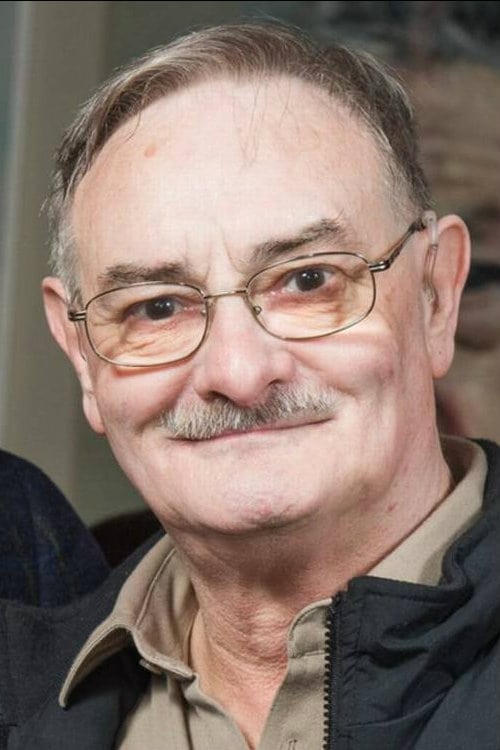
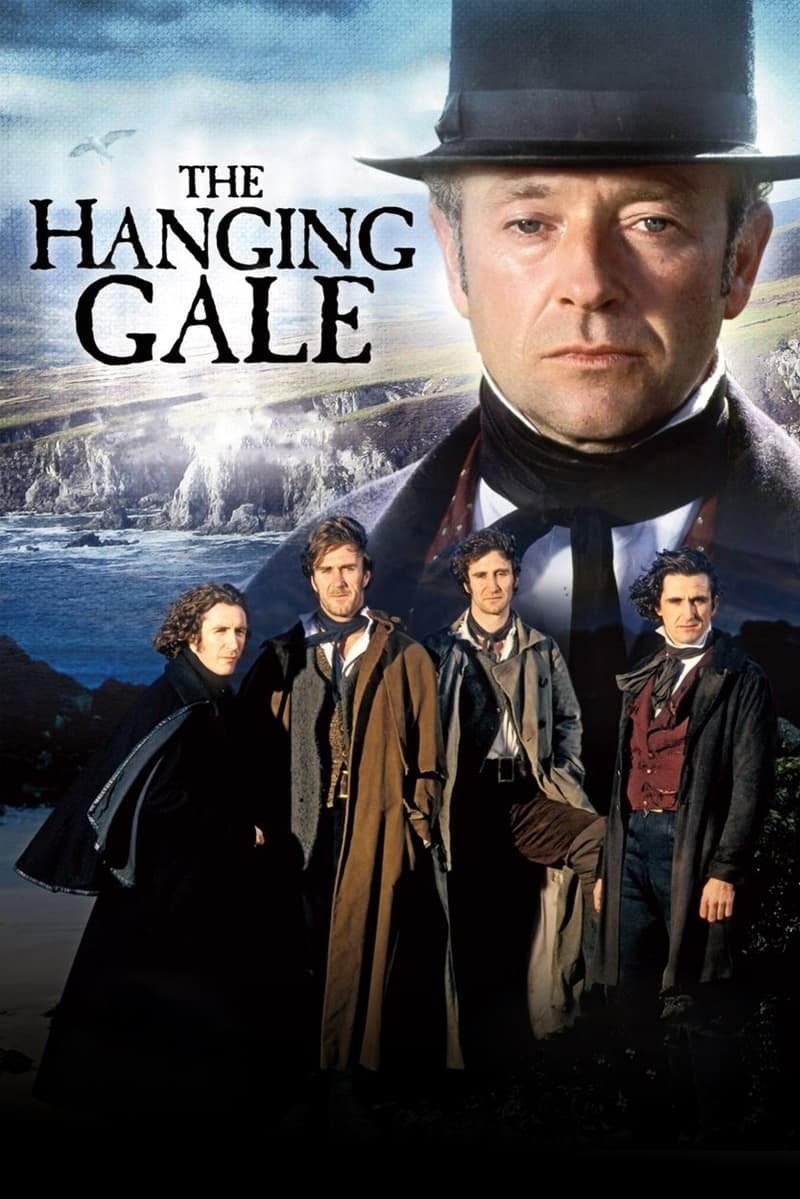
The Hanging Gale is a four-episode television serial which first aired on RTÉ One and BBC1 in 1995. The series was a British–Irish co-production, made by Little Bird Films for BBC Northern Ireland in association with Raidió Teilifís Éireann, with support from the Irish Film Board. The serial, set in 1846 at the beginning of Ireland's Great Famine, starred the four McGann brothers: Joe McGann, Paul McGann, Mark McGann and Stephen McGann, and was based on an original idea by Joe and Stephen McGann while researching their family's history. The title of the series comes from the term 'hanging gale', the name for a widespread practice in Ireland at the time, where a landlord would allow new tenants a six-month grace period on payment of their rent, with the expectation that the rent owed would be paid when the land's crops were harvested and sold.
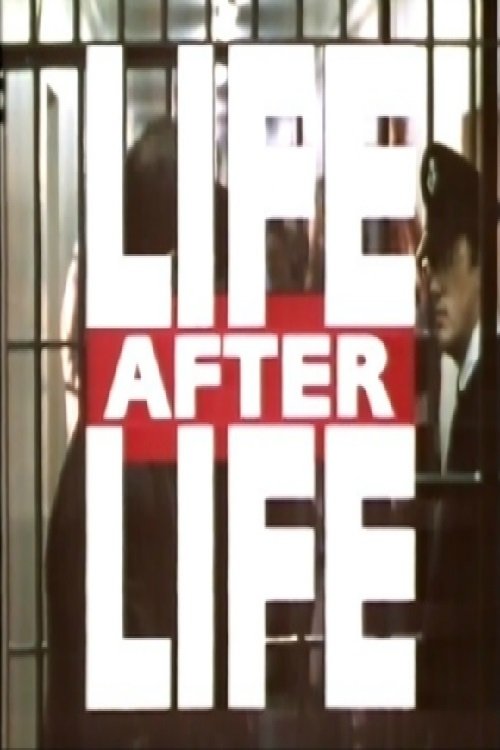
Leo Doyle, a convicted IRA murderer, is released into the community after 14 years in prison on a scheme to rehabilitate former terrorists. He soon finds that the ceasefire has robbed him of both purpose and identity. Relationships with his family are difficult and reach boiling point when they find that he has rekindled his affair with a former fiancee Roisin, now married with three children.
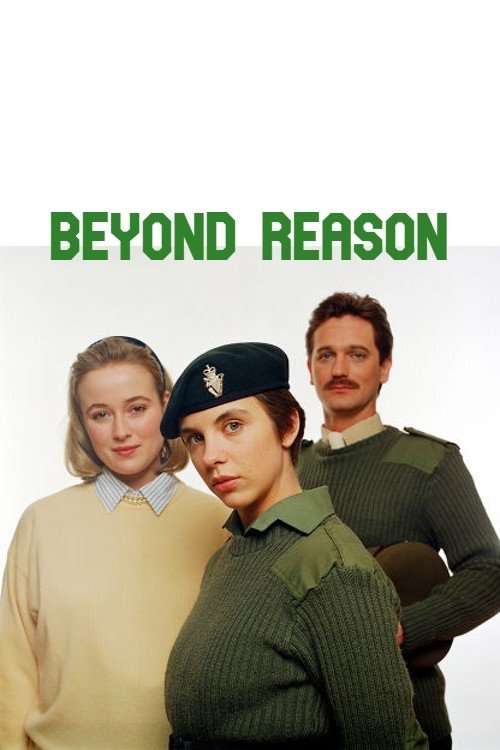
Drama based on a real-life story of a love affair between a married army captain and a young female soldier. Susan Christie and Duncan McAllister have an affair, but Duncan ends the relationship when he's posted to Germany. Three days later, Susan and Duncan's wife, Penny, go for a walk in the woods in Northern Ireland. Fifteen minutes later, Penny is dead and Susan claims they were attacked by an unknown man.
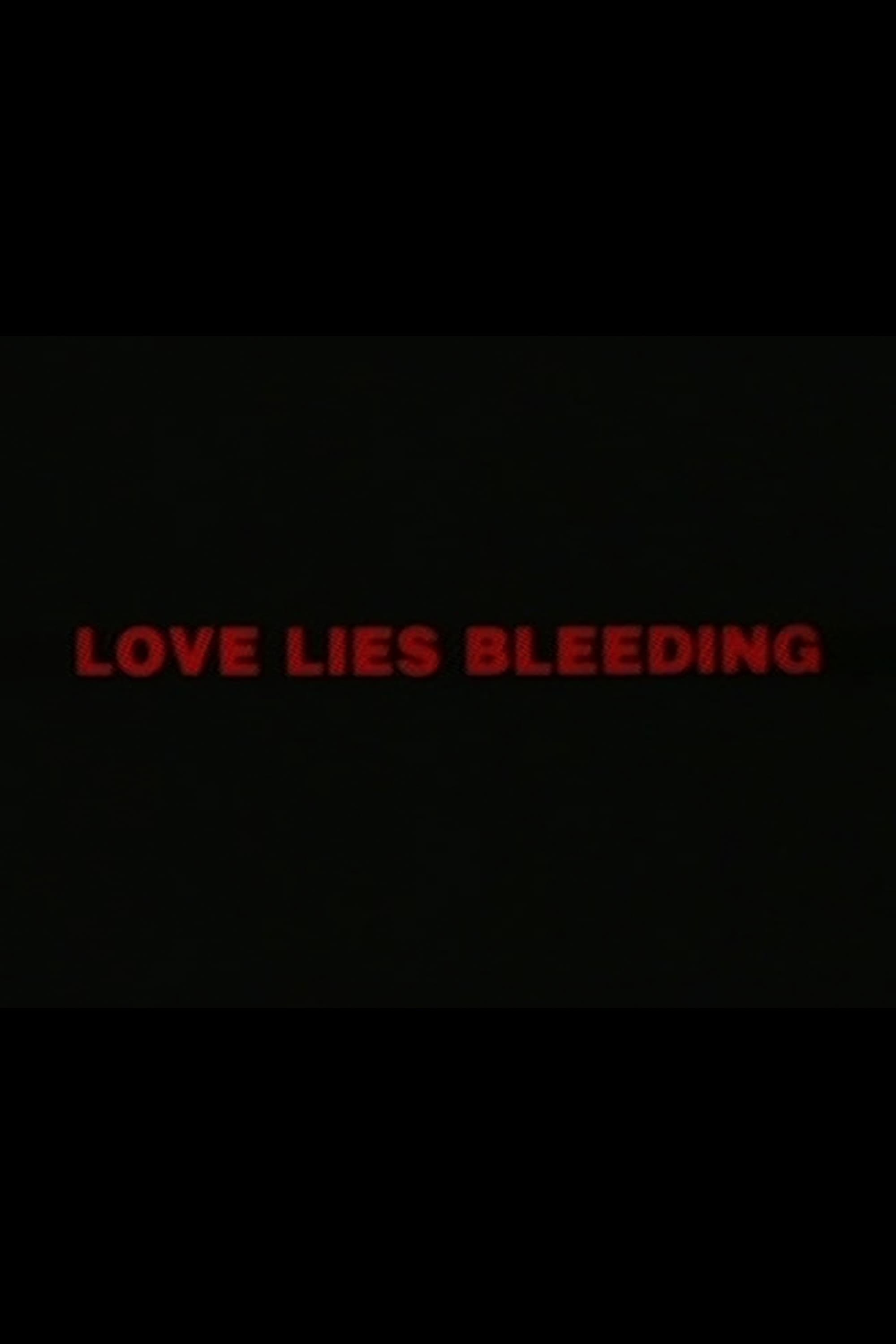
Conn, a member of the IRA and a former hunger striker, is serving a life sentence for murder. During peace talks, he is released on a 24-hour parole and uses the time to search for his girlfriend Leyla’s killer. He finds only lies and intrigue surrounding her death, and he begins to realize that his lover was not what she seemed.
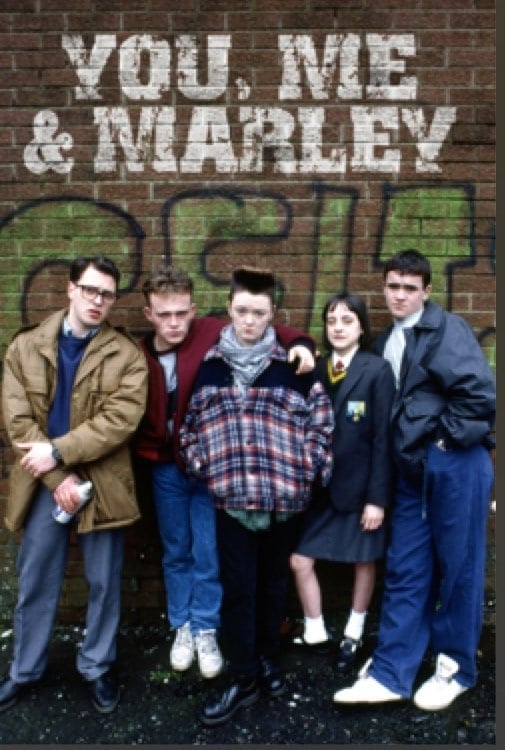
A group of bored Roman Catholic teens from Belfast, Northern Ireland, United Kingdom steal cars and joyride around the city, causing havoc among the nearby Protestants and local Irish Republican Army members, all of who are outraged by the youths' nihilism. The gang, led by ace thief Sean (Marc O'Shea), is connected with the IRA but couldn't care less about the group's politics. But things turn serious when an IRA member captures one of the boys, Marley (Michael Liebmann), in an effort to end the mayhem.
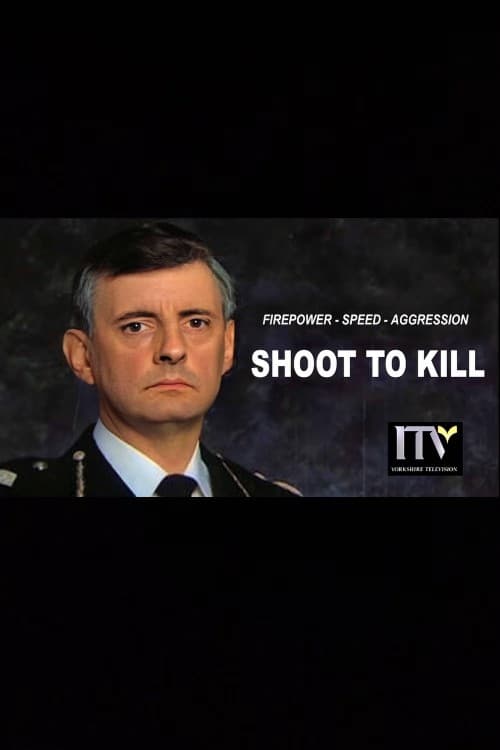
A reconstruction of the events that led to the 1984–86 Stalker Inquiry into the shooting of six terrorist suspects in Northern Ireland in 1982 by a specialist unit of the Royal Ulster Constabulary.

Shoot to Kill is a four-hour drama documentary reconstruction of the events that led to the 1984–86 Stalker Inquiry into the shooting of six terrorist suspects in Northern Ireland in 1982 by a specialist unit of the Royal Ulster Constabulary (RUC), allegedly without warning (the so-called shoot-to-kill policy); the organised fabrication of false accounts of the events; and the difficulties created for the inquiry team in their investigation.
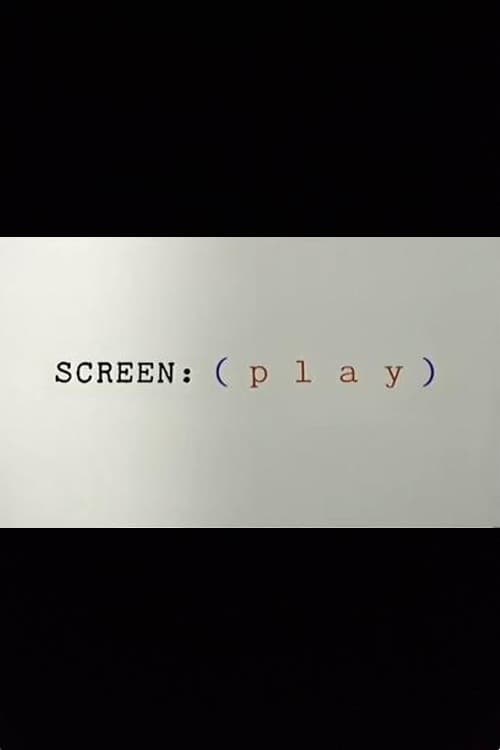
Kenny's work as a nurse in a psychiatric hospital isn't just a job, it's a vocation. His special group of patients are his friends - his only friends. When a strange young man is introduced to the group, he threatens the love, discipline and respect that have been the very basis of Kenny's authority, and all that surrounds the institution is scant protection from the madness of the world beyond.
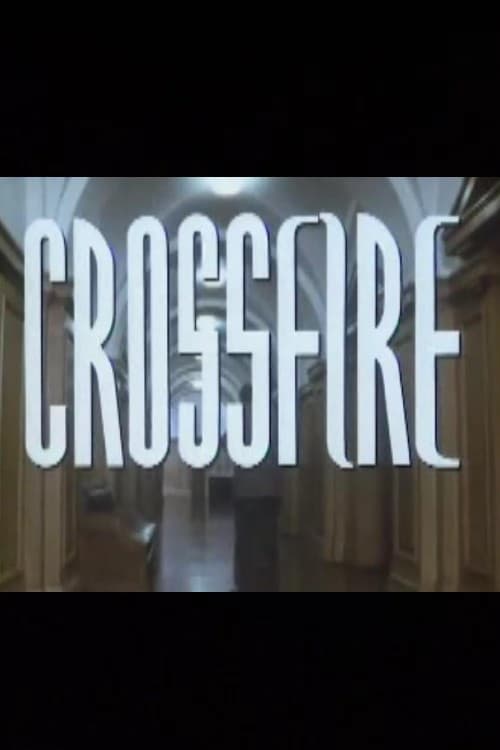
A police computer expert is seconded to Belfast to track down the identity of an IRA mole.
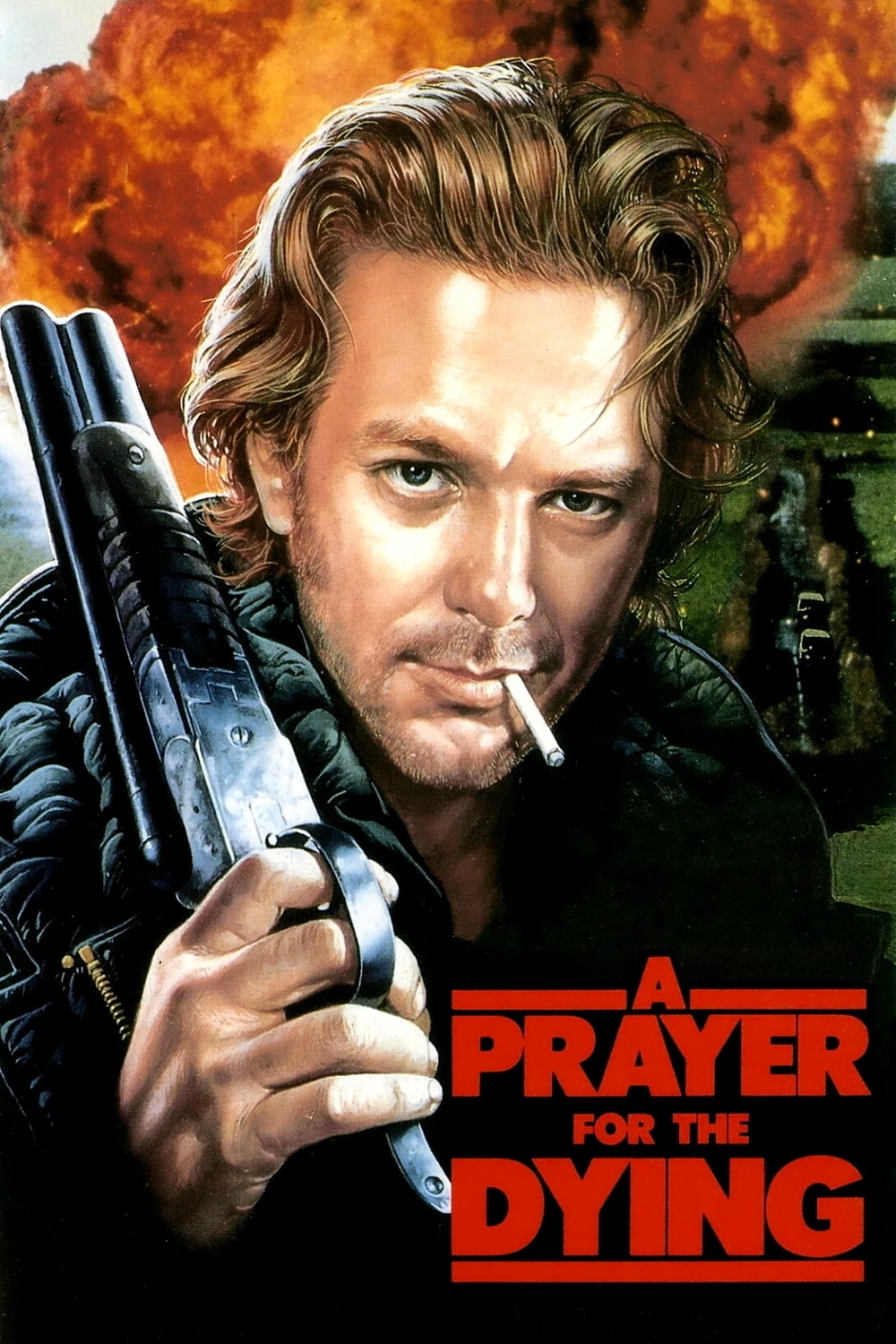
Martin, an I.R.A. hitman, is seen by a Catholic priest while carrying out a hit. He grows a bond with the priest and his niece. But his past and his former employers put all their lives in danger.
George Shane was a Northern Irish actor of stage and screen. His film credits included A Prayer for the Dying, An Everlasting Piece, and Closing the Ring. He died in Derry on 9th March, 2016 at the age of 71.
By browsing this website, you accept our cookies policy.